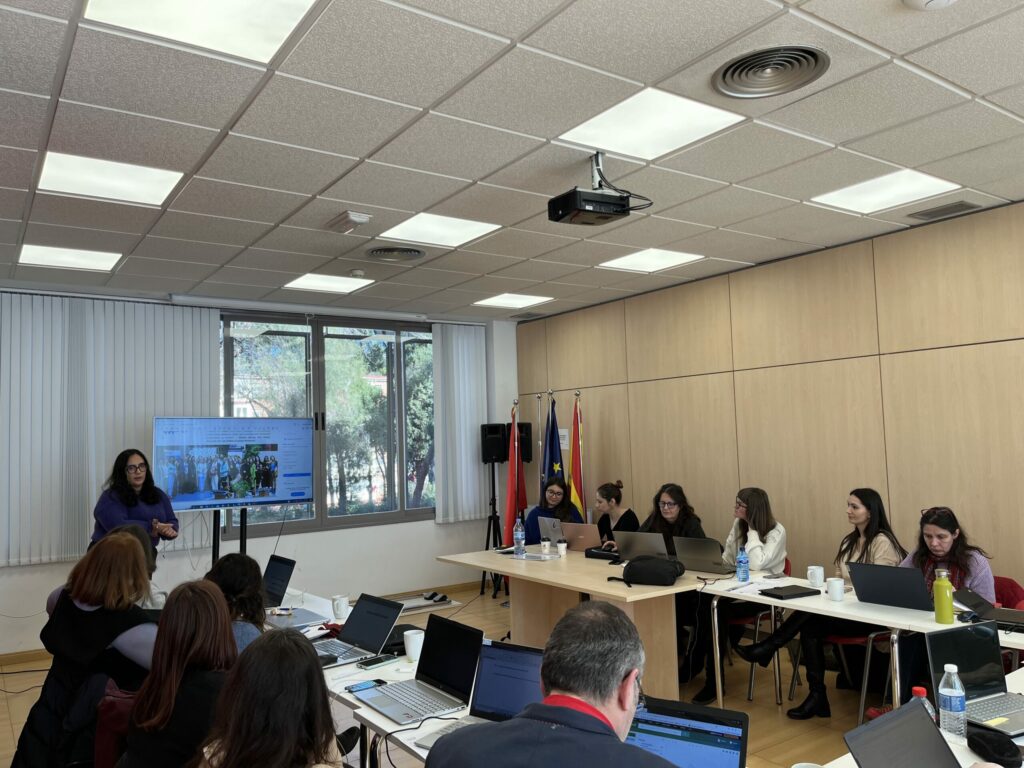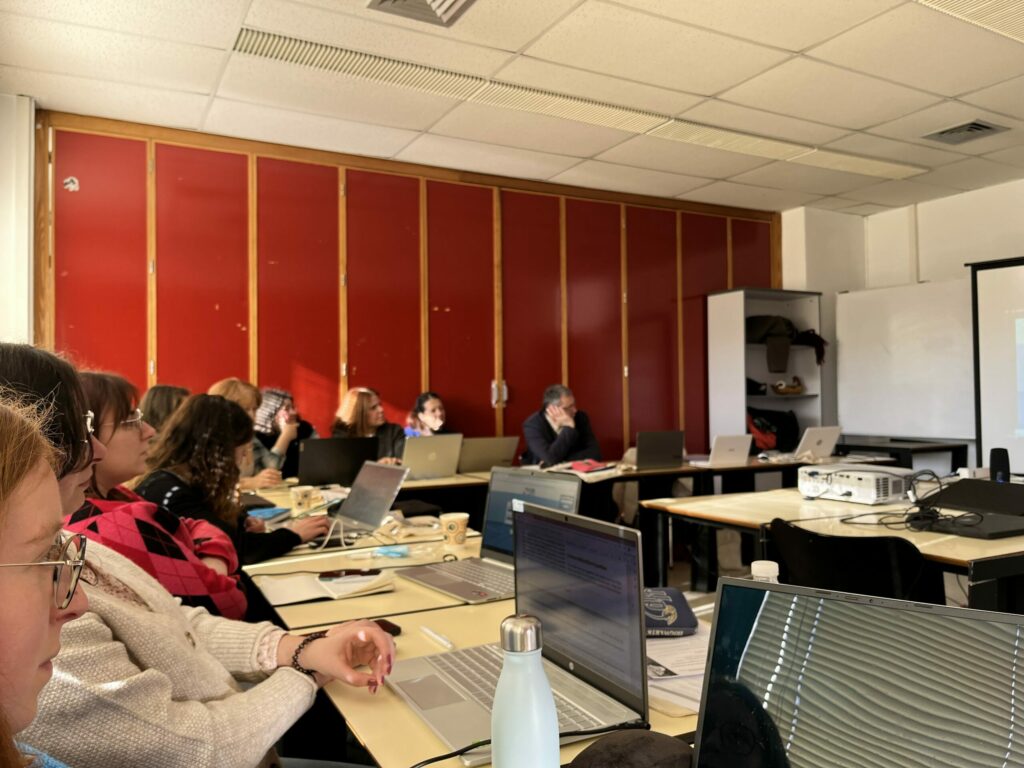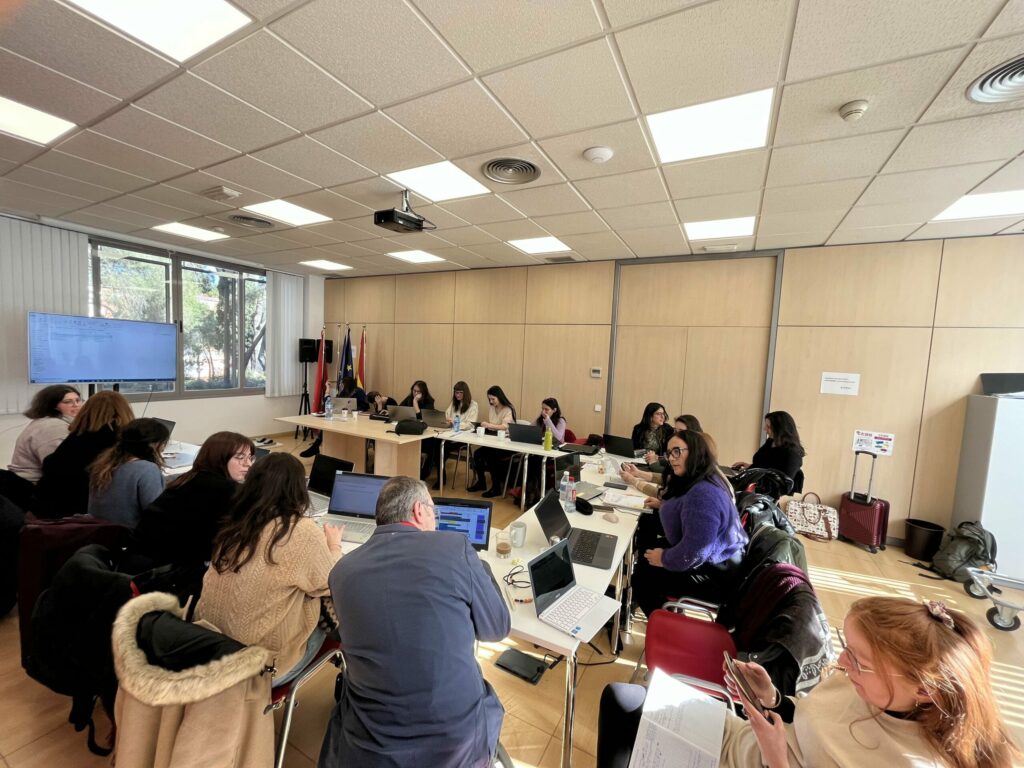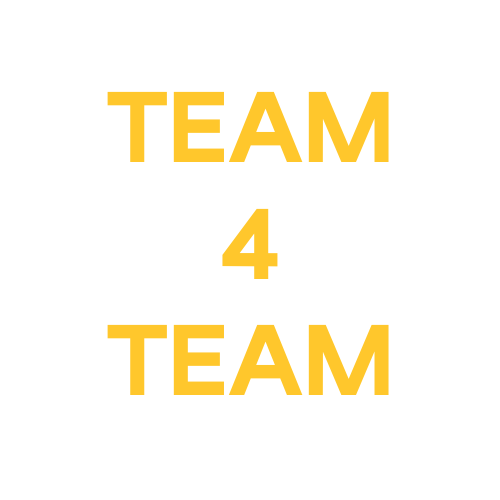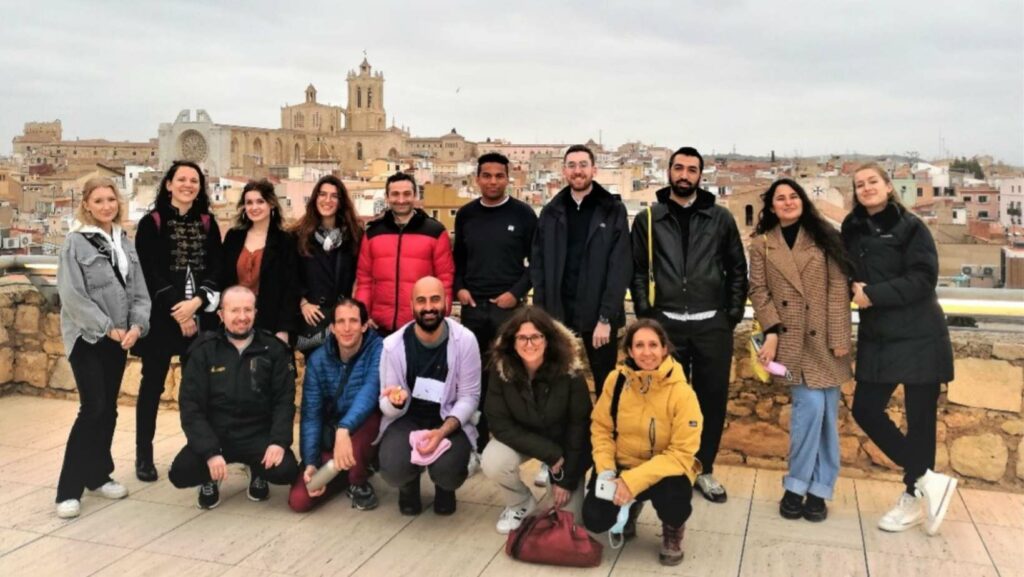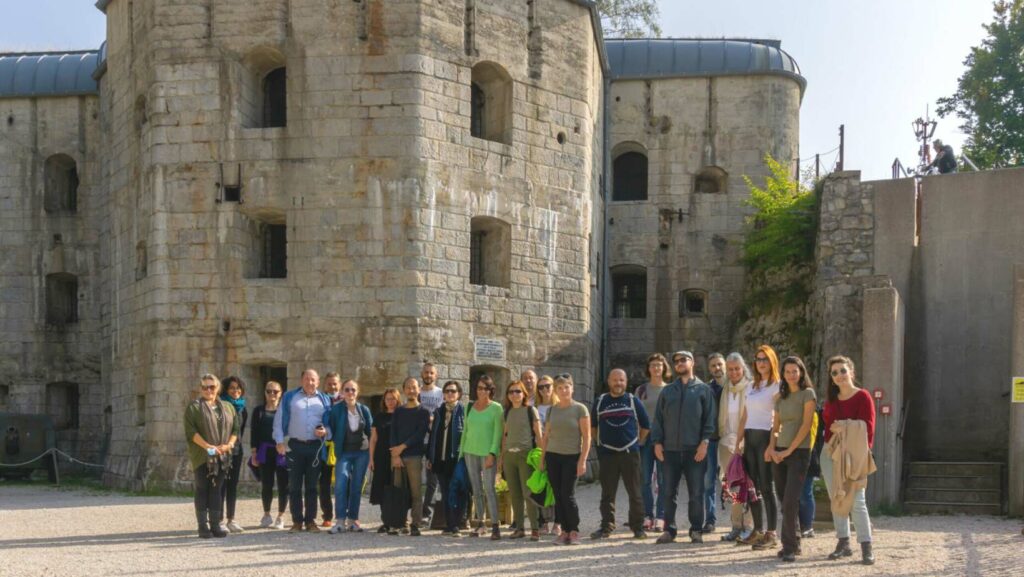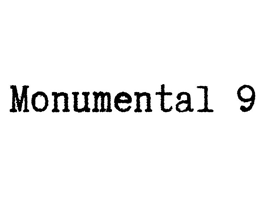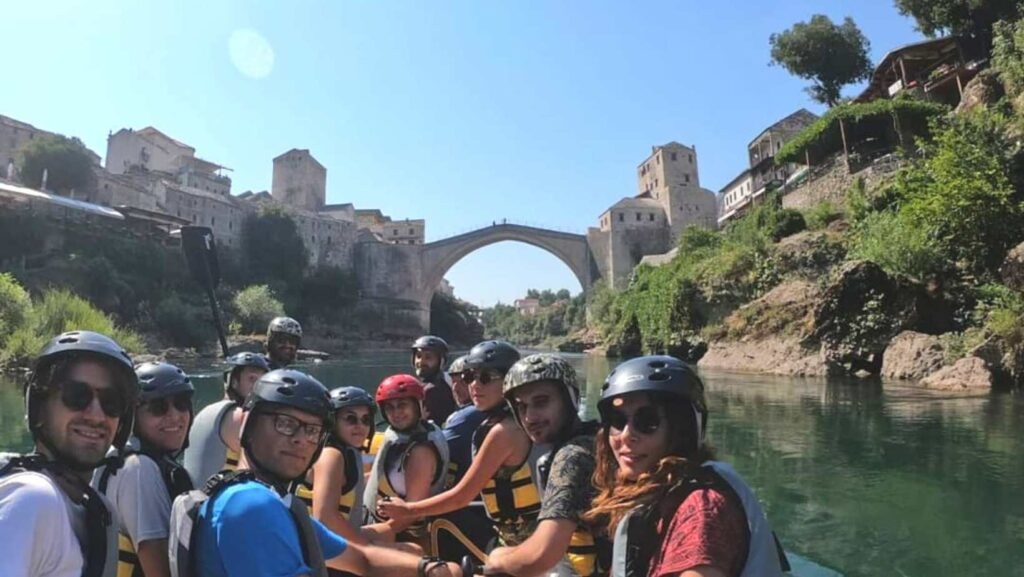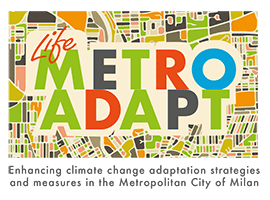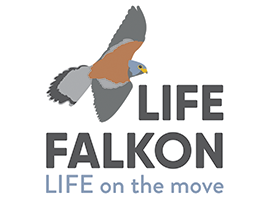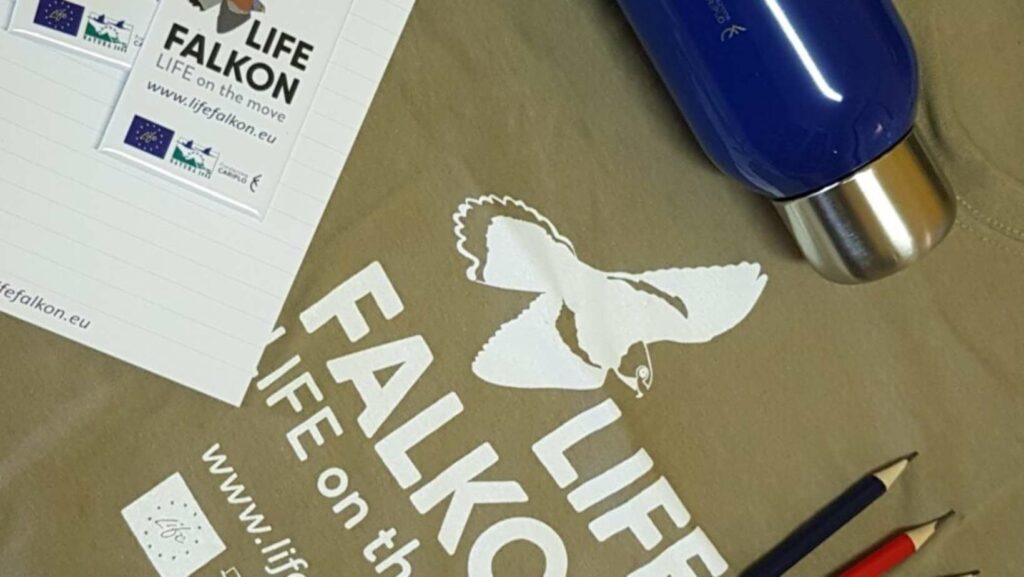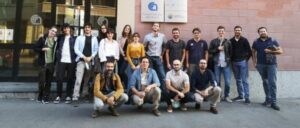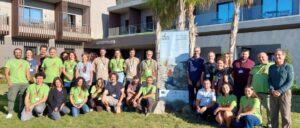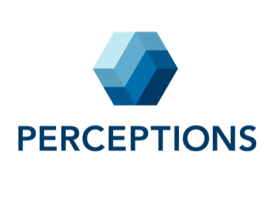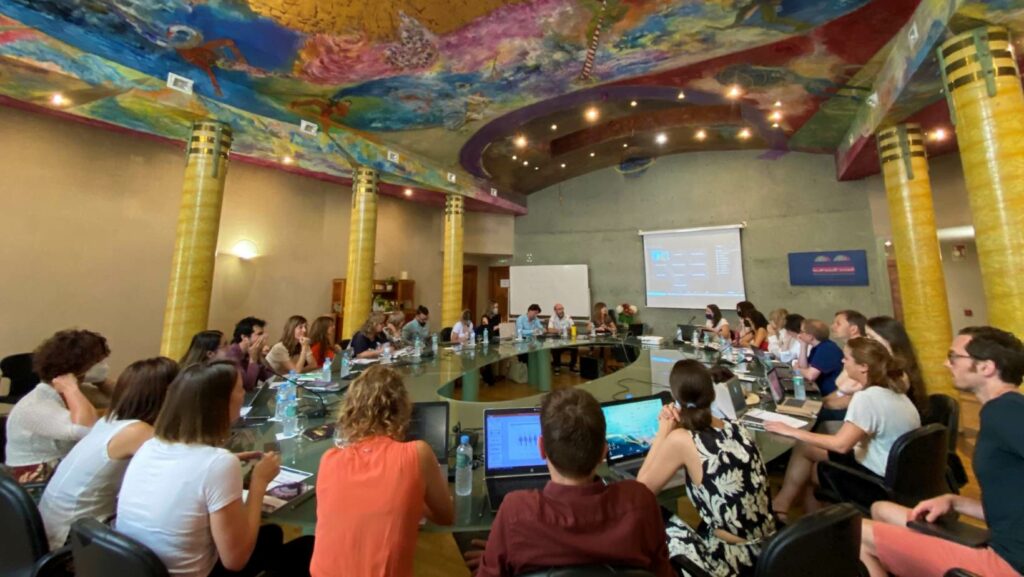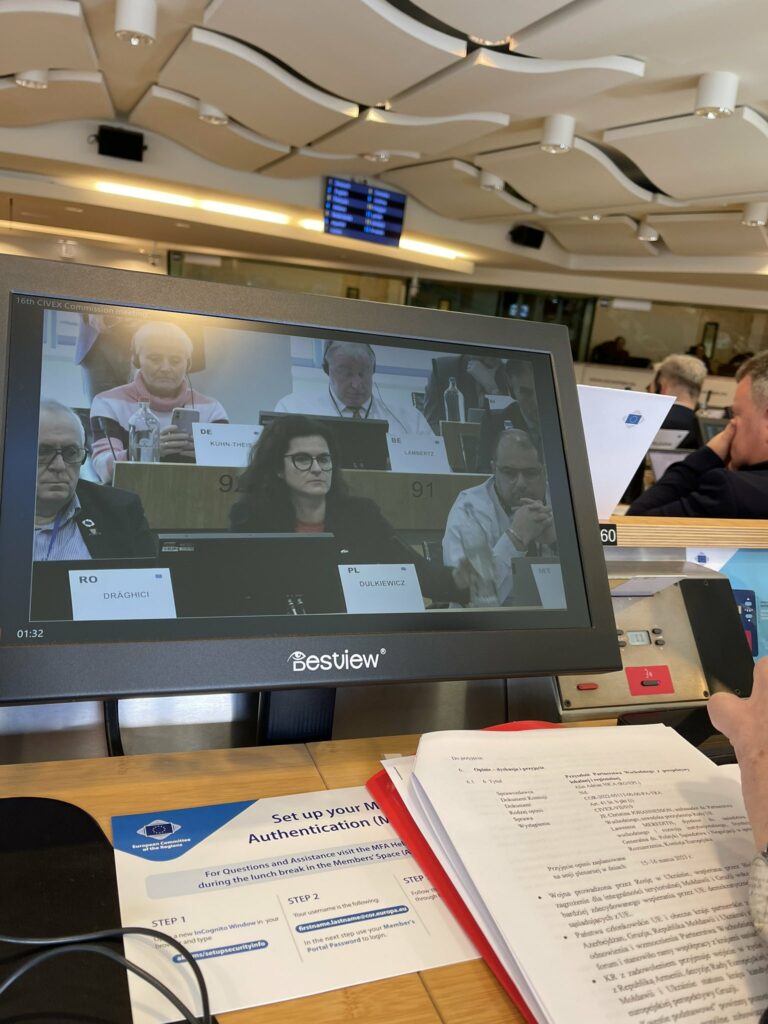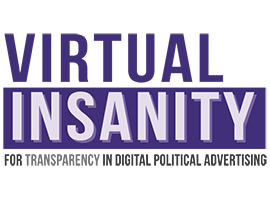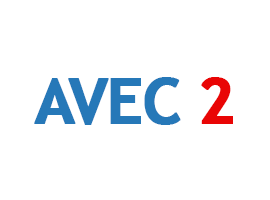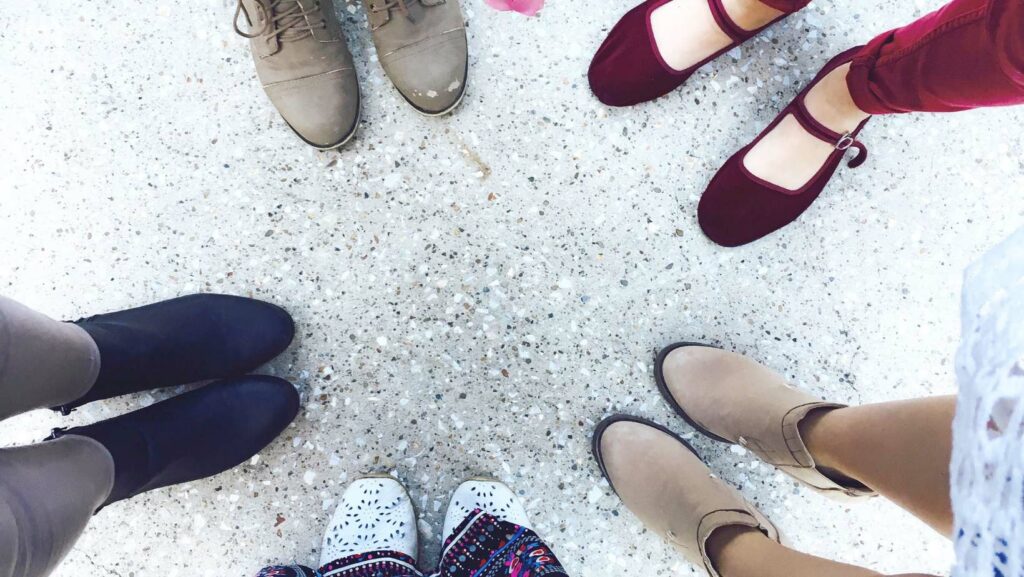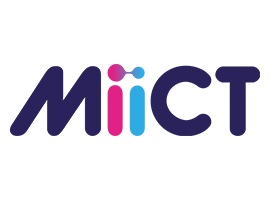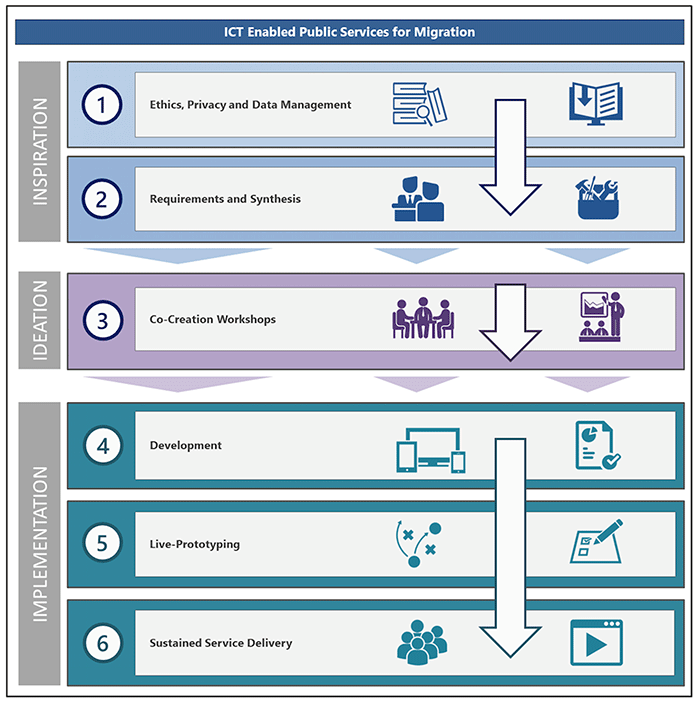The second in-person Transnational Meeting of the ReCAP project represented a key moment to explore the work undertaken so far by the partners and to define together the next steps of the project.
The very first phase of the meeting was devoted to the presentation of the report “Local context and needs analysis” by Solidaridad Sin Fronteras, developed within the framework of the first Project Result. It was an essential moment to collect feedback and suggestions from the project partners for its validation.
The above-mentioned report will be the starting point to develop tools and methods to train youth workers and involve youngsters with fewer opportunities.
Afterwards, La Piccionaia and CESIE introduced the next key activities related to the second and the third project results, giving the chance to the participants to discuss together the upcoming tasks and share relevant inputs.
Using art methods and creative tools, the youth workers will stimulate participation and civic engagement of young people in vulnerable situations
The ReCAP project is specifically addressed to young people in vulnerable situations, such as NEETs, people with a migrant background, minorities, youths from the LGBTIAQ+ community, with a particular attention to girls. Through the use of art methods and creative tools, the youth workers in the different partner countries will stimulate participation and civic engagement of young people who are more affected by the consequences of the COVID-19 pandemic.
The second Transnational Project Meeting in Madrid was an intense and fruitful opportunity that underlined the power of a great collaboration with the aim of supporting vulnerable young people through art and creativity.
